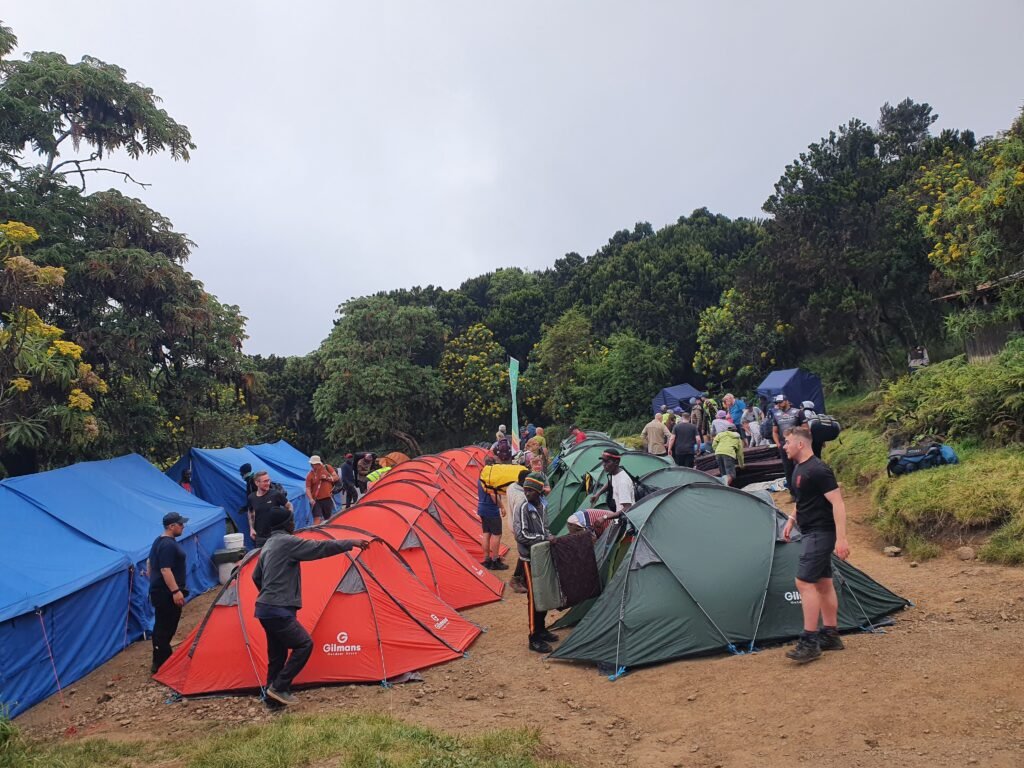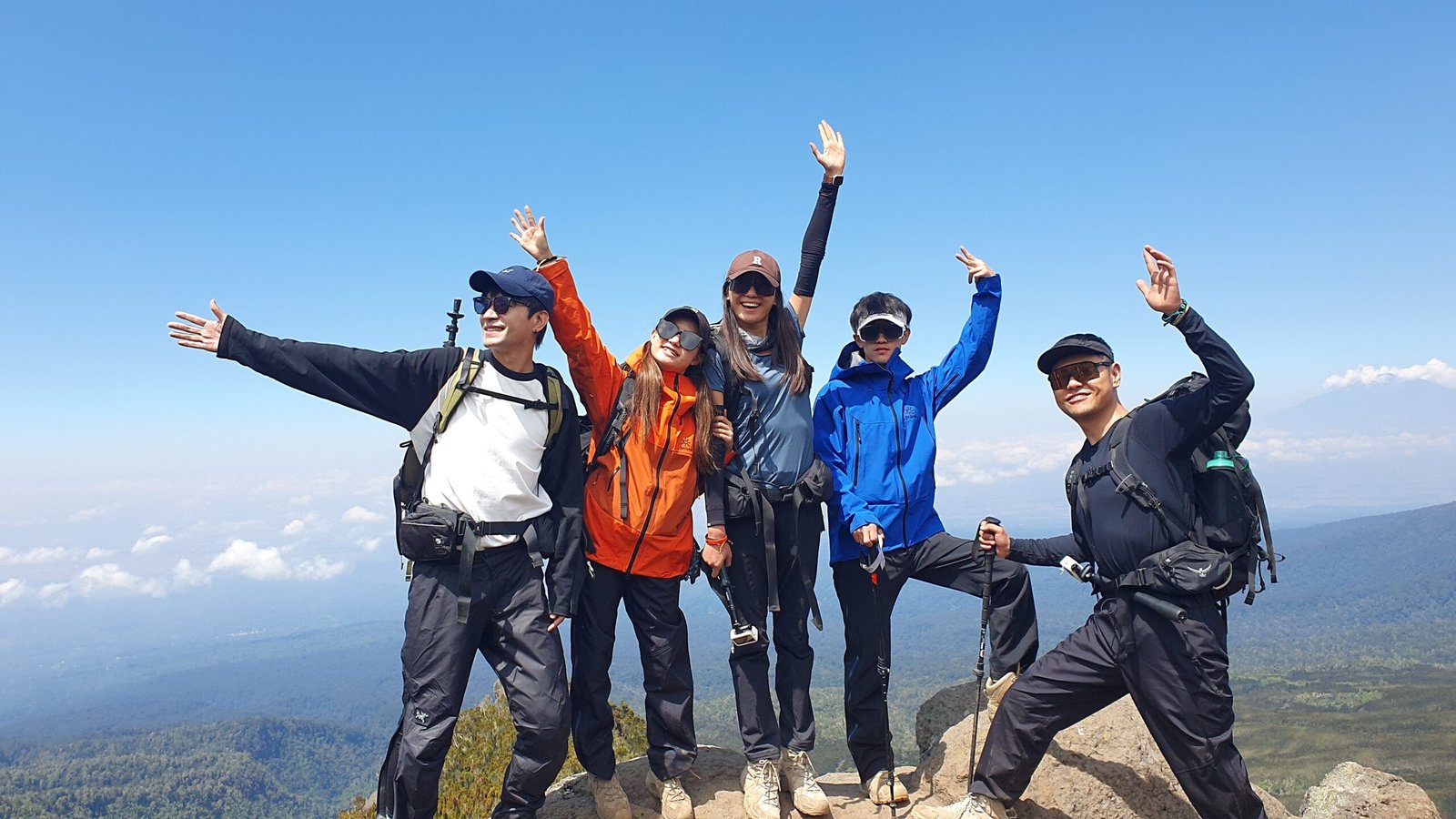To prepare for climbing Kilimanjaro in 2025–2026, here’s everything you need to know, from route options to preparation tips and new regulations
. Kilimanjaro Routes (2025-2026)
There are seven main routes to the summit, each offering a unique experience:

Machame Route: Known as the “Whiskey Route,” it’s the most popular and challenging route with scenic diversity and excellent acclimatization. The 7-day version is recommended for better success rates.
Lemosho Route: Ideal for first-time climbers, offering a longer, scenic trek with fewer crowds. It’s great for acclimatization and has a high summit success rate.
Marangu Route: Also called the “Coca-Cola Route,” it’s the only route with hut accommodations, making it more comfortable for some. It’s shorter but has lower success rates due to rapid ascent.
Northern Circuit: The longest and quietest route, offering stunning views and high summit success rates due to gradual altitude gain.
Rongai Route: Approaching from the northern side, it offers a drier, less crowded experience with views of Kenya.
2. Choosing the Best Time to Climb 2025-2026
The best time to climb Kilimanjaro remains during the dry seasons:
January to mid-March: Offers moderate temperatures and clear skies, perfect for scenic views.
June to October: This is the most popular period due to the stable weather, though it can get crowded.
3. Preparation and Physical Fitness
To maximize your success rate:
Train: Focus on endurance by hiking and incorporating strength training into your regimen. Aim to start your training 2–3 months before the climb. Adding weight to your backpack during practice hikes will help simulate the climb.
Acclimatization: Altitude sickness is the main reason climbers don’t summit. Choose longer routes to allow your body to adjust to the elevation.
Diet and Hydration: Staying well-hydrated is essential. Carry at least 3 liters of water and use purification tablets or filters at camps.
4. Permits and Costs
Permits: All climbers are required to be accompanied by a licensed guide, and permits are mandatory. Expect higher costs for Kilimanjaro National Park fees, including conservation and camping fees, which can total around 5 for a 7-day trek
The Explorer’s Passage
Climbing Packages: Full-service packages that include porters, meals, camping equipment, and permits range between ,000 to ,000, depending on the tour operator and route length.
5. New Regulations and Sustainability Efforts (2025-2026)
In recent years, Tanzania has increased efforts to ensure sustainability on Kilimanjaro. This includes stricter rules on waste management and encouraging climbers to use eco-friendly practices, such as reusable water bottles. The government also monitors the number of climbers per day to prevent overcrowding, especially on popular routes like Machame and Marangu.
6. Safety and Health
Vaccinations: Ensure you are vaccinated for yellow fever if traveling from or through certain countries. Malaria is also a risk in lower elevations, so consider taking antimalarial medication.
Altitude Sickness: It’s crucial to familiarize yourself with the symptoms of Acute Mountain Sickness (AMS). It’s recommended to climb slowly, drink plenty of water, and, if necessary, descend to lower altitudes to recover.
By keeping these considerations in mind, you can successfully plan and prepare for your Kilimanjaro trek in 2025–2026, enjoying one of the most unforgettable experiences of a lifetime
Package Inclusion & Exclusions
Inclusion
Guide, Porters
Park Fees, Tax
Gate transfer
Crew wages
Environment fees
During the climb you will be camping throughout you climb!
Breakfasts, Lunches, Dinners
Drinking water
Cook
Exclusion
Flights
Tipping the crew
Visas

